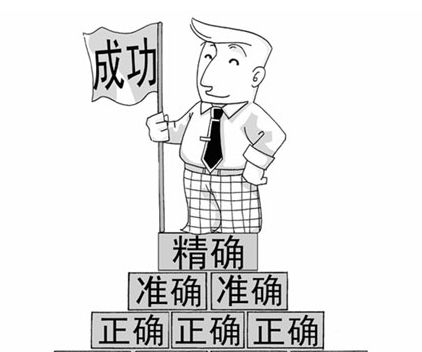 In today's challenging business environment, floor companies must be clear about their direction, resist distractions, restructure operations, and cut costs effectively in order to survive and thrive. As Premier Wen Jiabao once said, "Confidence is more important than gold." However, confidence alone isn't enough — making a realistic and informed judgment requires following scientific principles and market trends.
To navigate these challenges, businesses can leverage various strategic tools such as PEST analysis, Porter’s Five Forces model, SWOT analysis, and balanced scorecards. These methods help companies make timely adjustments and develop effective crisis response strategies. For flooring companies specifically, industrial upgrades, product diversification, market restructuring, technological innovation, and brand enhancement are key approaches to stay competitive.
For example, while traditional exports to the U.S. have declined, there has been a noticeable increase in sales to Southeast Asia. The old-fashioned, low-margin floor-processing orders that once generated just a few dollars per square meter are now being replaced by high-value, innovative floorboards that can bring in hundreds of thousands of dollars. At the same time, customers affected by global financial turbulence may struggle with payment guarantees. To mitigate this risk, companies can consider export credit insurance. If the dollar weakens, switching to euro or other currencies for transactions could also help reduce financial exposure.
Of course, each of these decisions requires careful thought and analysis. But at the heart of it all is the human element. Solving problems is not just about numbers — it's about people. It's the process through which companies face crises and look for new opportunities for growth.
In line with their actual situation, companies should review and adjust their human resources policies and strategies regularly. Simply reducing costs through layoffs or salary cuts is not always the best solution. Take, for example, a flooring company that redesigned its production line. After equipment upgrades and process optimization, a line that once required 30 workers could now complete the same task with only half the workforce. This shift inevitably leads to changes in staffing, with fewer general positions and more specialized technical roles emerging.
As a responsible business, whether driven by self-interest or a sense of social duty, companies must address internal issues effectively. For larger or more established firms, implementing employee assistance programs can help staff cope with psychological stress during transitions, building confidence and supporting career reinvention. In the end, the goal is not just survival — it's sustainable growth and long-term success.
In today's challenging business environment, floor companies must be clear about their direction, resist distractions, restructure operations, and cut costs effectively in order to survive and thrive. As Premier Wen Jiabao once said, "Confidence is more important than gold." However, confidence alone isn't enough — making a realistic and informed judgment requires following scientific principles and market trends.
To navigate these challenges, businesses can leverage various strategic tools such as PEST analysis, Porter’s Five Forces model, SWOT analysis, and balanced scorecards. These methods help companies make timely adjustments and develop effective crisis response strategies. For flooring companies specifically, industrial upgrades, product diversification, market restructuring, technological innovation, and brand enhancement are key approaches to stay competitive.
For example, while traditional exports to the U.S. have declined, there has been a noticeable increase in sales to Southeast Asia. The old-fashioned, low-margin floor-processing orders that once generated just a few dollars per square meter are now being replaced by high-value, innovative floorboards that can bring in hundreds of thousands of dollars. At the same time, customers affected by global financial turbulence may struggle with payment guarantees. To mitigate this risk, companies can consider export credit insurance. If the dollar weakens, switching to euro or other currencies for transactions could also help reduce financial exposure.
Of course, each of these decisions requires careful thought and analysis. But at the heart of it all is the human element. Solving problems is not just about numbers — it's about people. It's the process through which companies face crises and look for new opportunities for growth.
In line with their actual situation, companies should review and adjust their human resources policies and strategies regularly. Simply reducing costs through layoffs or salary cuts is not always the best solution. Take, for example, a flooring company that redesigned its production line. After equipment upgrades and process optimization, a line that once required 30 workers could now complete the same task with only half the workforce. This shift inevitably leads to changes in staffing, with fewer general positions and more specialized technical roles emerging.
As a responsible business, whether driven by self-interest or a sense of social duty, companies must address internal issues effectively. For larger or more established firms, implementing employee assistance programs can help staff cope with psychological stress during transitions, building confidence and supporting career reinvention. In the end, the goal is not just survival — it's sustainable growth and long-term success.Pneumatic Ball Valve,Wear-Resistant Control Valve,High Pressure Ball Valve,O-Type Ball Valve
CEPAI Group Co., Ltd. , https://www.jscepai.com